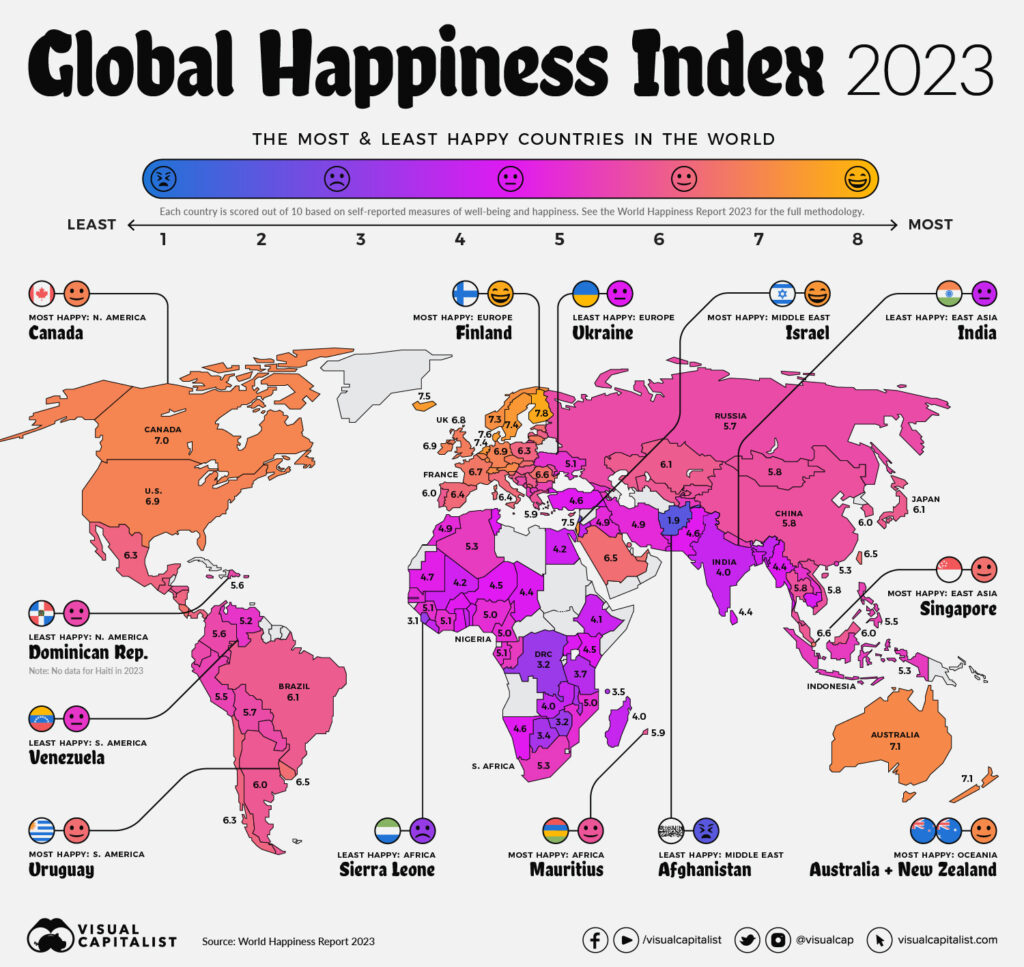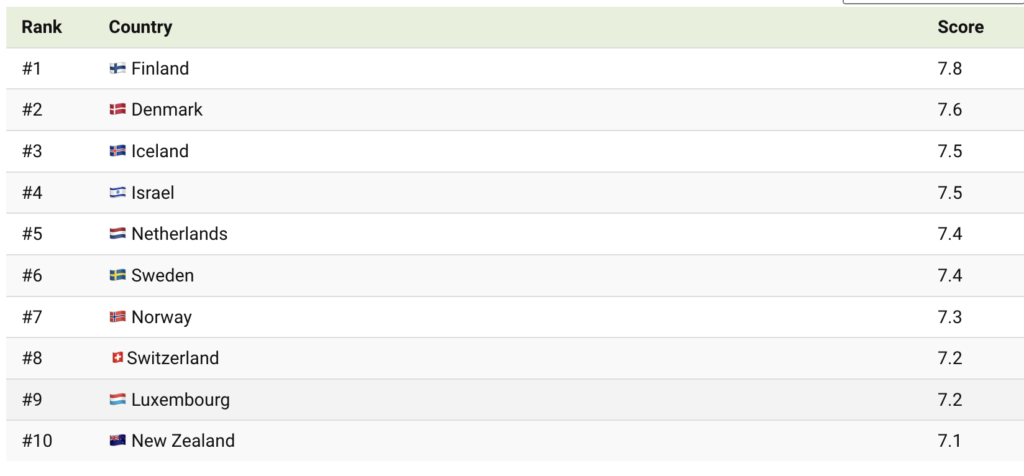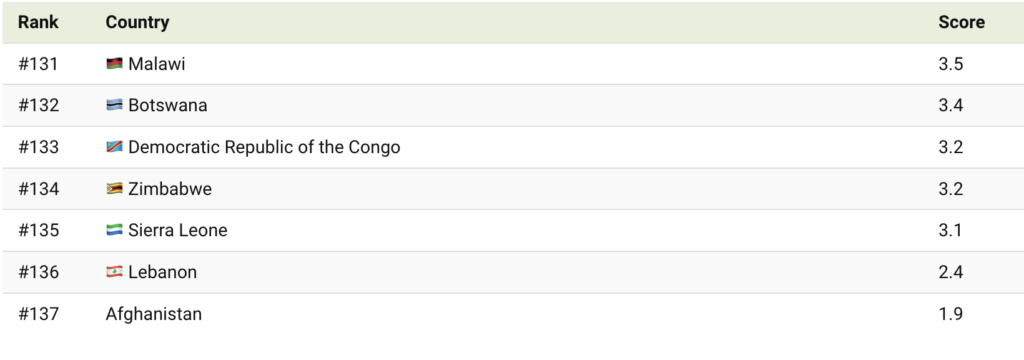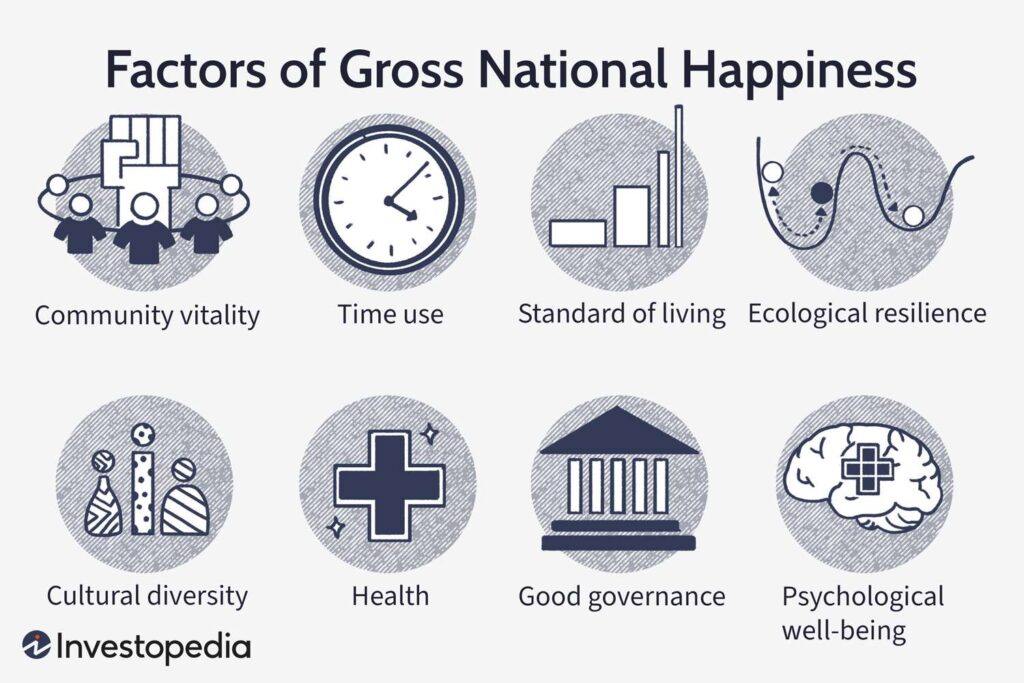What makes us happy?
- traditional economics vs. economics of happiness
- economic choices & circumstances and their effects on happiness
Happiness Economics & Theories
- income & happiness correlation and diminishing returns
- reference-income hypothesis/ranked-income
- Easterlin paradox
- Hedonic treadmill/adaptation
- measuring progress:
- Gross Domestic Production (GDP) vs.
- Gross National Happiness (GNH)
The economics of happiness is a fascinating and evolving field that combines insights from economics, psychology, and sociology to understand what makes people happy and how this relates to economic decisions and policies.
What is the Economics of Happiness?
- Definition: It’s a study of how economic conditions—like income, employment, and inflation—affect people’s happiness and well-being.
- Focus: Instead of just measuring economic success through traditional indicators like GDP, it looks at how economic policies and conditions impact the quality of life and happiness of individuals and societies.
Key Concepts
- Income and Happiness: There’s a relationship between a person’s income and their happiness, but it’s complex. More money can lead to more happiness, but only up to a point. After basic needs are met, additional income has diminishing returns on happiness.
- Relative Income: How your income compares to others can affect happiness. People often feel happier if they perceive themselves as better off than their peers.
- Non-Economic Factors: Factors like social relationships, health, job satisfaction, and community connections are also crucial for happiness.
Measuring Happiness
- Surveys and Questionnaires: Happiness is subjective, so researchers often use surveys where people report their own levels of happiness.
- Happiness Indexes: Some countries have started to measure happiness directly, like Bhutan’s Gross National Happiness index.
Applications in Policy
- Well-being as Policy Goal: Some argue that governments should focus on policies that increase overall well-being, not just economic growth.
- Examples: Policies that improve work-life balance, healthcare accessibility, environmental quality, and social welfare can contribute to higher happiness levels.
What is Gross National Happiness (GNH)?
- Origin: GNH was developed in Bhutan in the 1970s as an alternative to Gross Domestic Product (GDP). It was based on the belief that true development and progress are not just about economic growth, but also about improving the happiness and well-being of the people.
- Philosophy: GNH is grounded in the idea that sustainable development should take a holistic approach, valuing social and environmental health along with economic welfare.

Happiest countries

Least happiest countries

How is GNH Measured?
GNH is measured through a combination of quantitative and qualitative measures across various dimensions:
- Nine Domains: These include psychological well-being, health, education, time use, cultural diversity and resilience, good governance, community vitality, ecological diversity and resilience, and living standards.
- Surveys and Indices: Bhutan conducts extensive surveys to assess these domains, asking citizens about factors like their living conditions, psychological well-being, and community engagement.
- Indicators: Each domain has specific indicators that are used to calculate the overall GNH. For example, for health, indicators might include life expectancy and mental health.

How Does GNH Differ from GDP?
- GDP (Gross Domestic Product): GDP is a measure of a country’s economic output. It calculates the total value of all goods and services produced over a specific time period. GDP is purely an economic measure, focusing on material wealth and economic productivity.
- Differences:
- Scope: GDP is narrowly focused on economic activity, while GNH encompasses a wider range of factors affecting people’s lives, including psychological well-being, cultural values, and environmental sustainability.
- Values: GDP values production and consumption, whereas GNH values human well-being and the balance between material and non-material aspects of life.
- Measurement: While GDP is a single numerical value, GNH uses a more complex and multi-dimensional approach to measure the quality of life.
In the realm of economics of happiness, various factors have been identified that contribute to individual happiness. These factors often intersect with economic conditions, but also extend into other areas of life. Here’s a list based on what we know from this field:
- Income and Financial Security: Adequate income to meet basic needs is fundamental. Beyond a certain point, however, additional income shows diminishing returns in terms of happiness.
- Employment: Having a job provides not just income, but also a sense of purpose and identity. Unemployment is consistently linked to lower levels of happiness.
- Work-Life Balance: The ability to balance work demands with personal and family life contributes significantly to overall happiness.
- Health: Both physical and mental health are crucial for happiness. Good health contributes to a higher quality of life and ability to engage in enjoyable activities.
- Education: Access to education and lifelong learning opportunities can enhance personal development and satisfaction.
- Social Relationships: Strong relationships with family, friends, and community are one of the strongest predictors of happiness.
- Community and Social Support: Living in a supportive, cohesive community where people look out for each other adds to individual happiness.
- Freedom and Autonomy: Personal freedom and the ability to make choices about one’s own life are important for happiness.
- Trust and Governance: Trust in other people and confidence in governmental institutions and their fairness contribute to a sense of security and well-being.
- Environmental Quality: Clean air, green spaces, and a healthy environment have a positive impact on well-being.
- Leisure and Recreation: Time and opportunities for leisure activities and hobbies are important for relaxation and enjoyment.
- Sense of Purpose: Having a sense of purpose or meaning in life, often through work, community roles, or personal beliefs, is linked to higher levels of happiness.
- Equality and Fairness: Perceptions of equality and social justice within a society can influence overall happiness.
